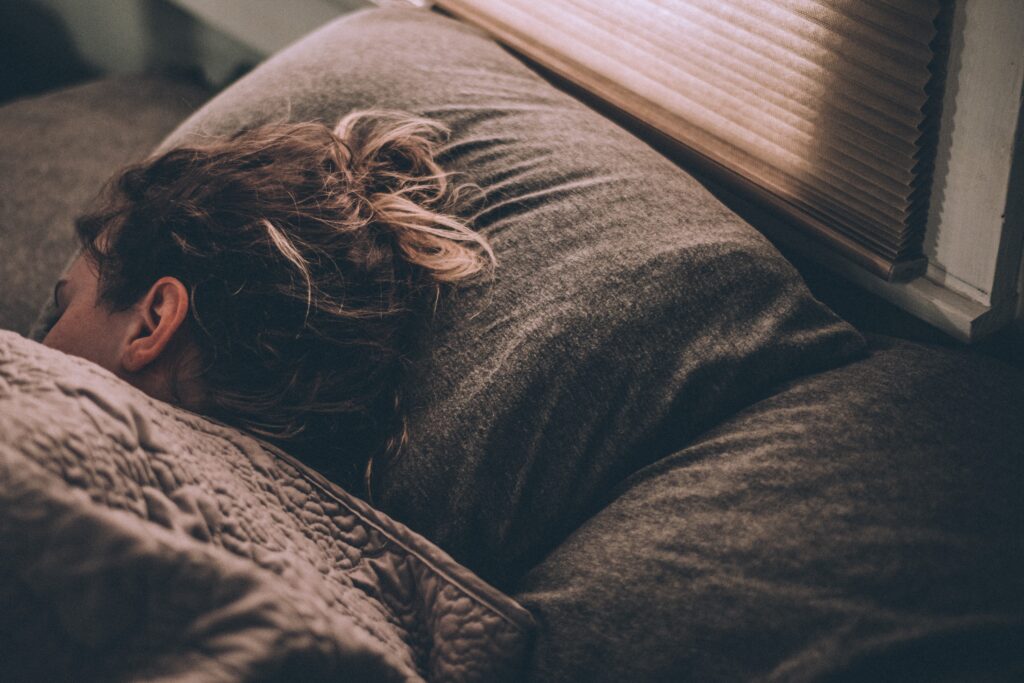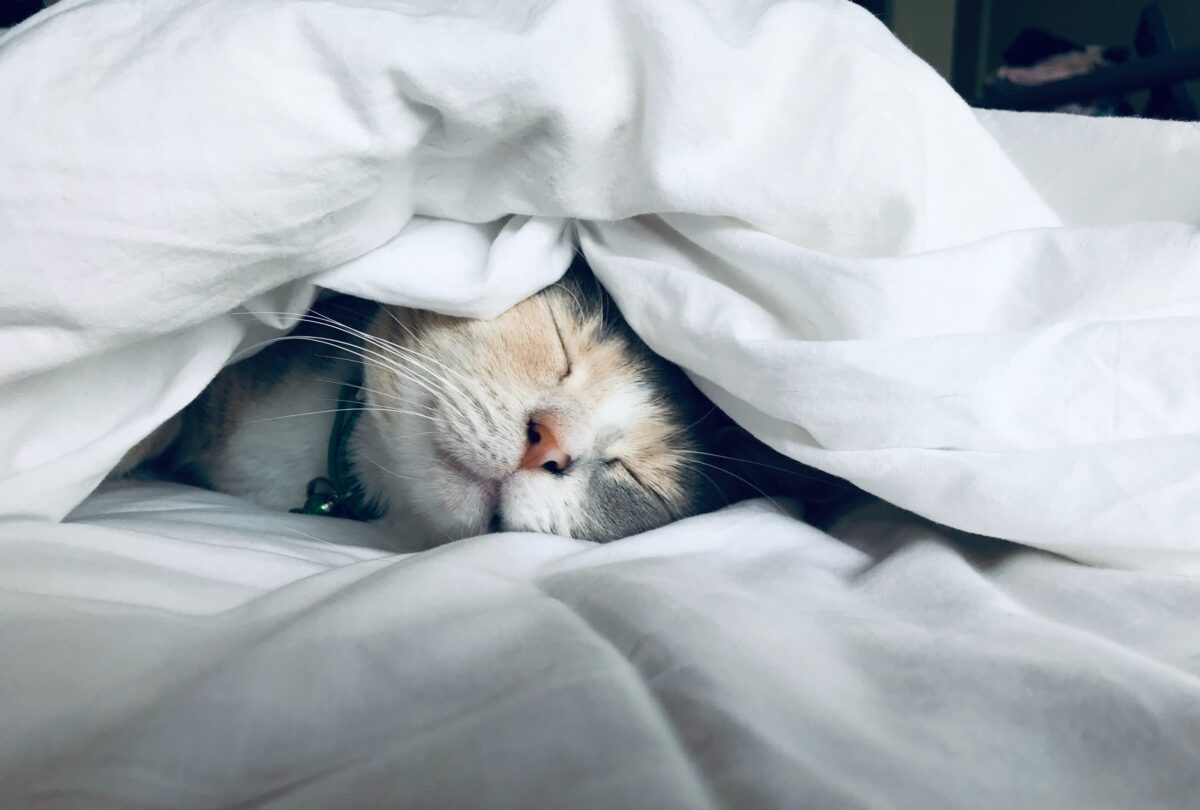Most of us are exhausted, under-rest, frustrated, and overworking in this fast-paced work. Therefore, getting a sound sleep has become a difficult task. The majority of Indians don’t get proper sleep every day. Having a sound and restful sleep is essential for overall well-being and health. People spend lots of money on sleep medication to get proper sleep. But sleep medications are the worse. Artificial sleep is not beneficial for a long and healthy life. In this article, we have broken down the sound sleeping tips for a night of natural and relaxing sleep.

Top Sound Sleeping Tips for Better Sleep
Here are some tips to help you improve the quality of your sleep:
Stick to a Consistent Sleep Schedule: Everybody has a clock, a biological clock known as circadian rhythm. This clock controls the functions like sleeping and waking. To tune this clock, go to bed and wake up simultaneously every day, even on weekends. Put Alarm. In the start, but with constant practice and consistency, your body will adjust. Consistency helps regulate your body’s internal clock and improves sleep quality.
Create a Relaxing Bedtime Routine: Before bedtime, engage in calming activities such as reading, taking a warm bath, meditation, practising deep breathing, gentle stretching, or sweet music, which can help in the quality of your sleep. It is necessary to avoid stimulating activities like watching intense TV shows or using electronic devices that emit blue light.
Optimise Your Sleep Environment: Turn off your lights when you sleep. If scared of darkness, try using dim lights. Dim lights are also very effective in reading. Make your bedroom conducive to sleep by keeping it dark, quiet, and cool. Use blackout curtains, earplugs, or a white noise machine if necessary. And also, make sure there are no mosquitoes in your room to ruin your sleep.
Invest in a Comfortable Mattress and Pillows: A good comfy mattress and soft pillows are crucial for comfortable sleep. Also, make sure the bed sheets are clean, smell good, and have no bed bugs. Having a clean environment contributes to quality sleep. Choose ones that suit your preferences and sleeping position.
Limit Exposure to Screens: Reduce exposure to electronic devices like smartphones, tablets, and computers at least an hour before bedtime. The blue light emitted by these devices can interfere with your sleep hormones. Avoid the usage of smartphones and laptops 1 hour before bed.
Watch Your Diet: Avoid large meals, caffeine, and alcohol close to bedtime. These can disrupt sleep or make it harder to fall asleep. Please don’t drink too much water before bed, as it might interrupt your sleep at night. Also, for dinner, have healthy food and not extra spicy food that might give you trouble at night.

Get Regular Exercise: Regular physical activity can help improve sleep quality. Aim for at least 30 minutes of moderate exercise most days, but try to finish your workout a few hours before bedtime. If you don’t want to work out, then take a normal walk in the nearby park and garden after dinner. This will digest your food and help you to get a night of quality sleep.
Manage Stress: Sometimes, when we lie down in bed, the mind keeps chattering about the past and future. So, it is better to practice relaxation techniques such as meditation, mindfulness, or progressive muscle relaxation to shut off your mind. These practices also help in managing stress and promoting better sleep.
Limit Naps: Sometimes, short power naps can be refreshing during the day. But long or irregular napping during the day can interfere with night-time sleep. If you need a nap, make it under 30 minutes or earlier. Short afternoon naps are great, as they boost memory, improve mood, alert you, and ease stress.
Avoid Clock-Watching: Avoid repeatedly looking at your watch. Constantly checking the clock when you can’t sleep can create anxiety. It is better to get out of bed when you can’t sleep within 45 minutes after lying down. As mentioned above, try to read books, meditate, etc, after getting up.
Limit Liquid Intake Before Bed: As noted earlier, reduce your intake of liquids, especially caffeine and alcohol, in the hours leading up to bedtime to minimise night-time awakenings for bathroom trips.
Seek Natural Light Exposure: During the day, try to avoid artificial light the entire time. Go out in nature. Exposure to natural sunlight and air during the day helps regulate your body’s internal clock. So, spend time outside during daylight hours. And also, consider opening curtains during the day to let in natural light and air.
Manage Your Bedroom as a Sleep Space: Use your bedroom primarily for sleep and intimate activities. Avoid eating, working, and watching TV in bed, as this can make it harder for your brain to associate the bed with sleep.
Consult a Healthcare Professional: Still, you are consistently having trouble sleeping, experiencing insomnia, or suspect a sleep disorder, seek advice from a healthcare professional. They can provide personalised recommendations and treatment options.

Conclusion
In conclusion, getting sound sleep is a relatively easy task. The problem is that the society we are in has a great impact on our minds. These technologies, social media, internet affect us a lot. Following these sound sleeping tips mentioned above will provide you with some help. Remember that establishing healthy sleep habits takes time and constant practice, so be patient and persistent in improving your sleep quality.




